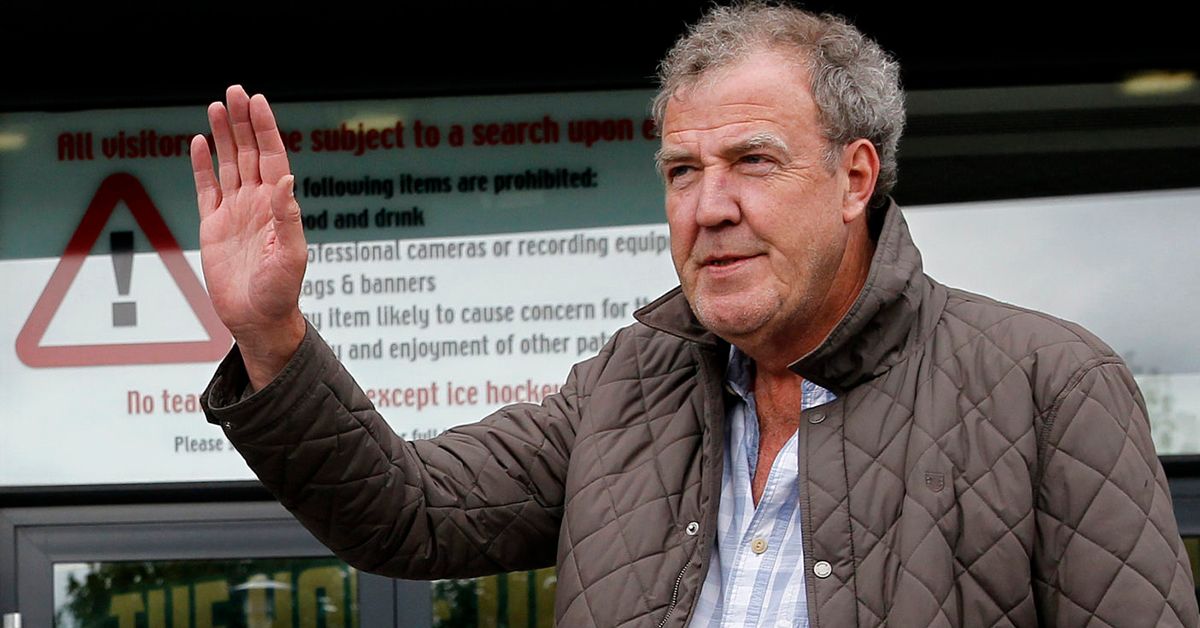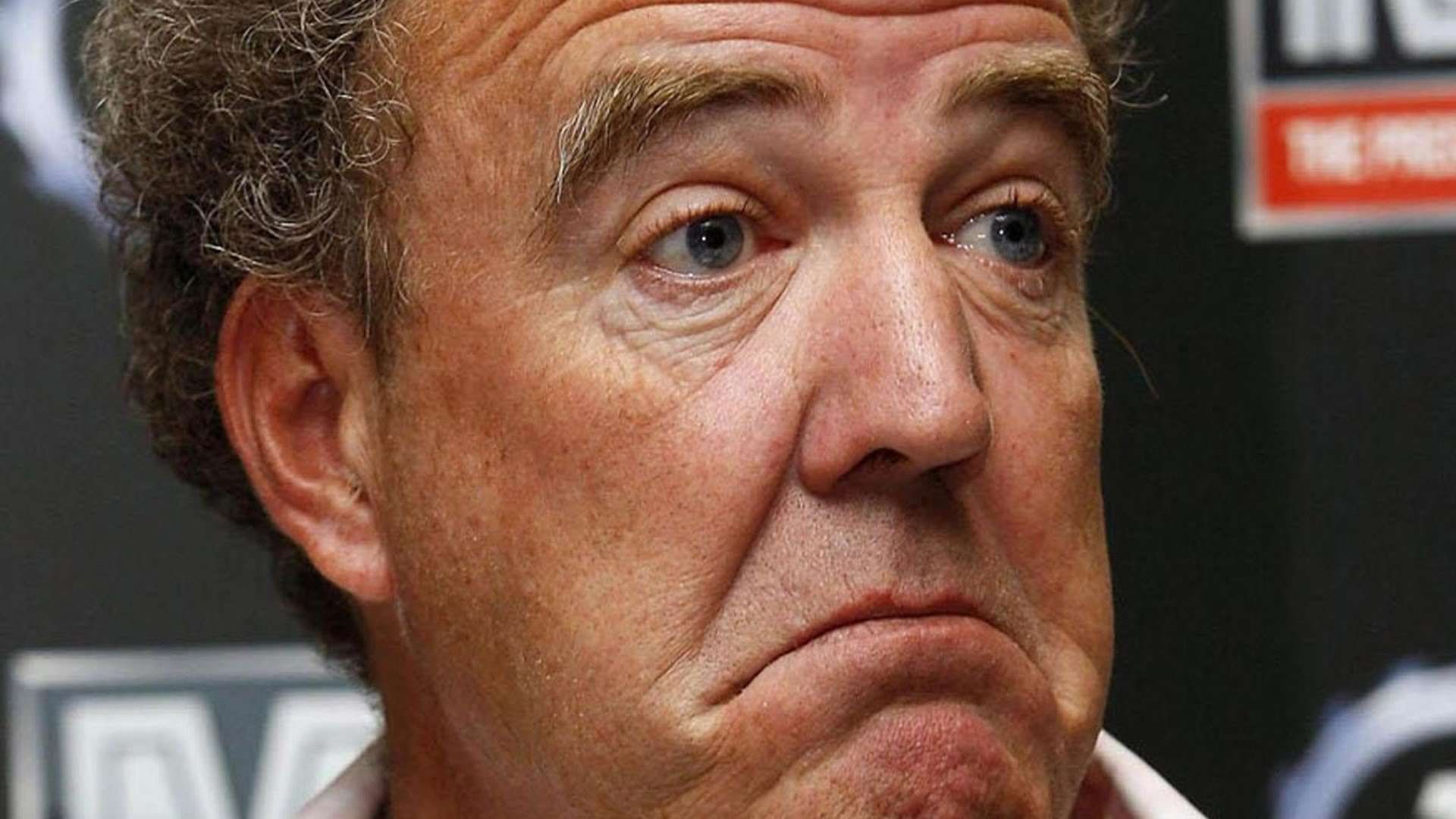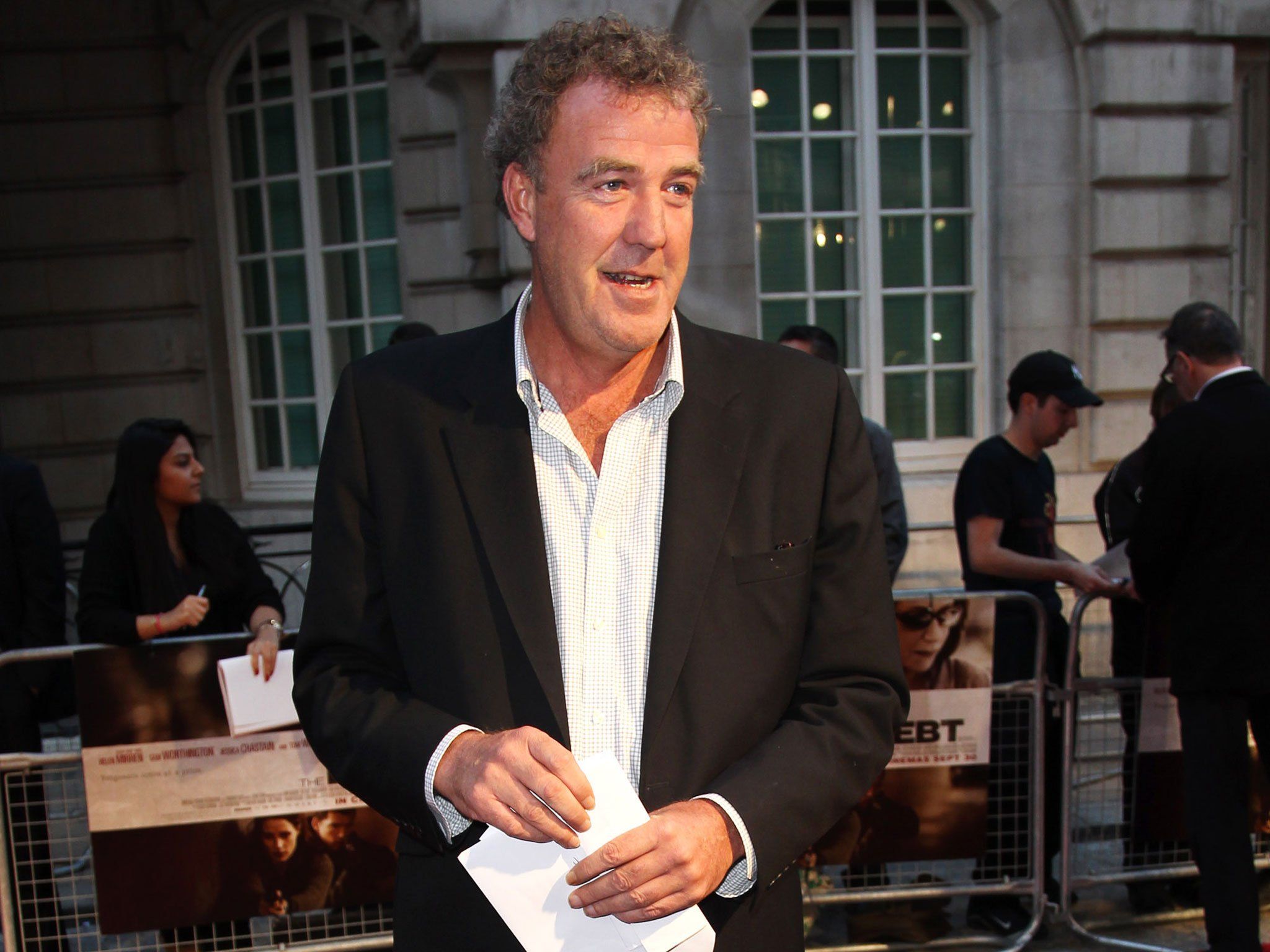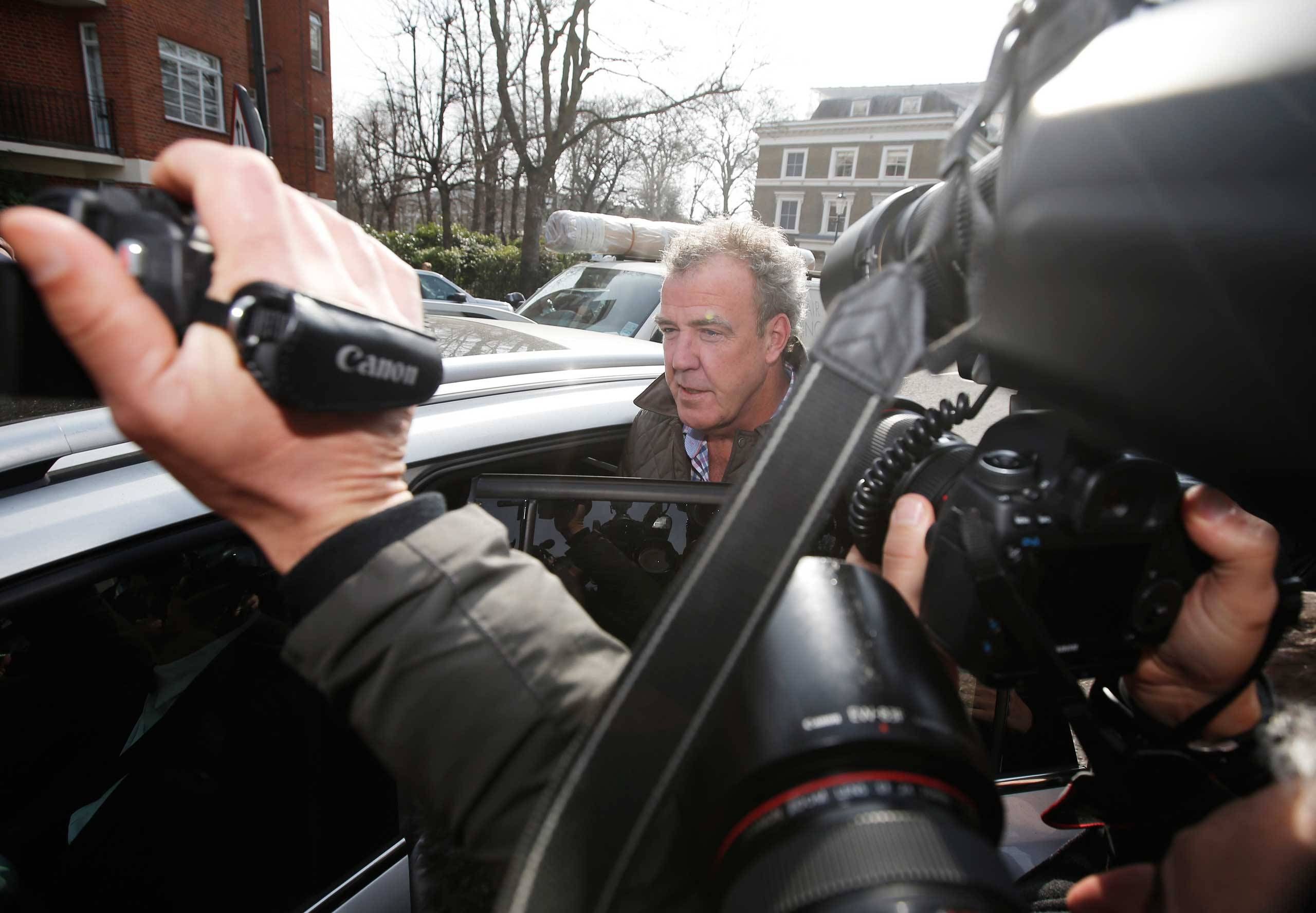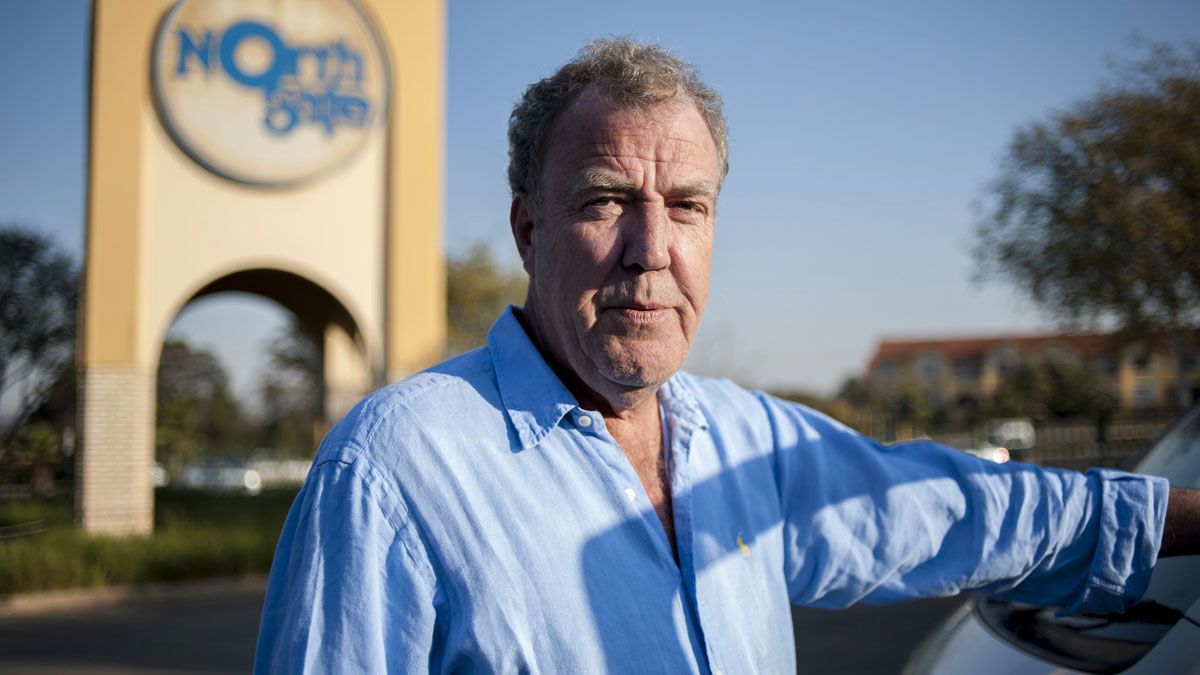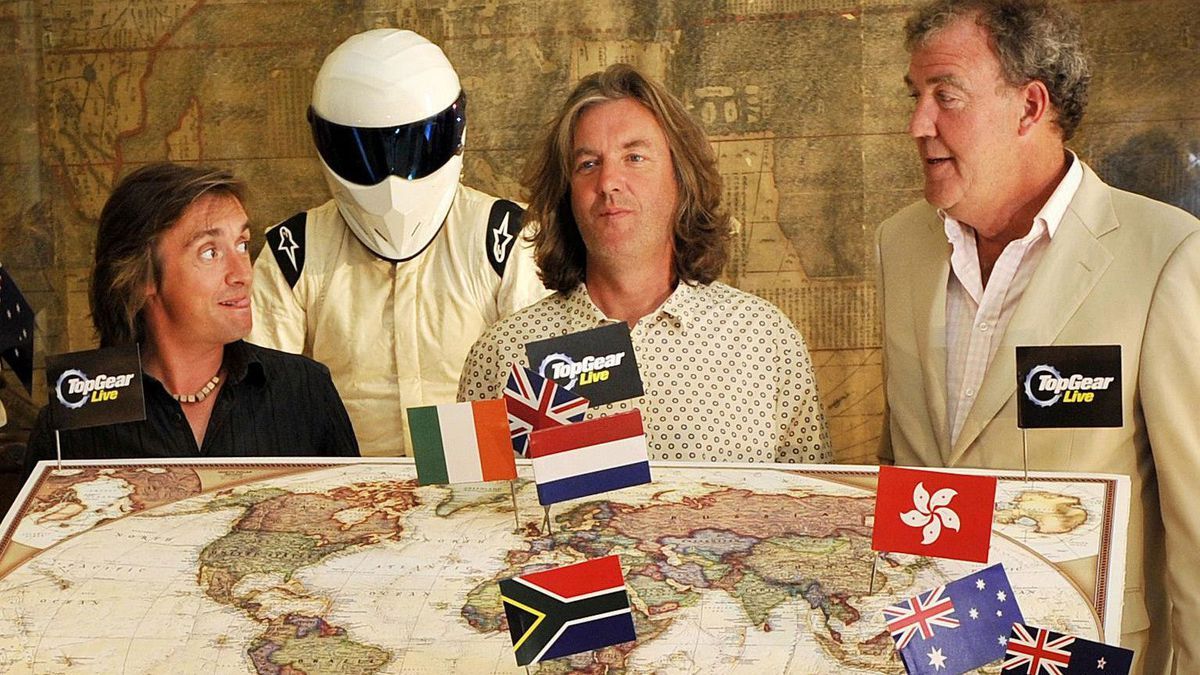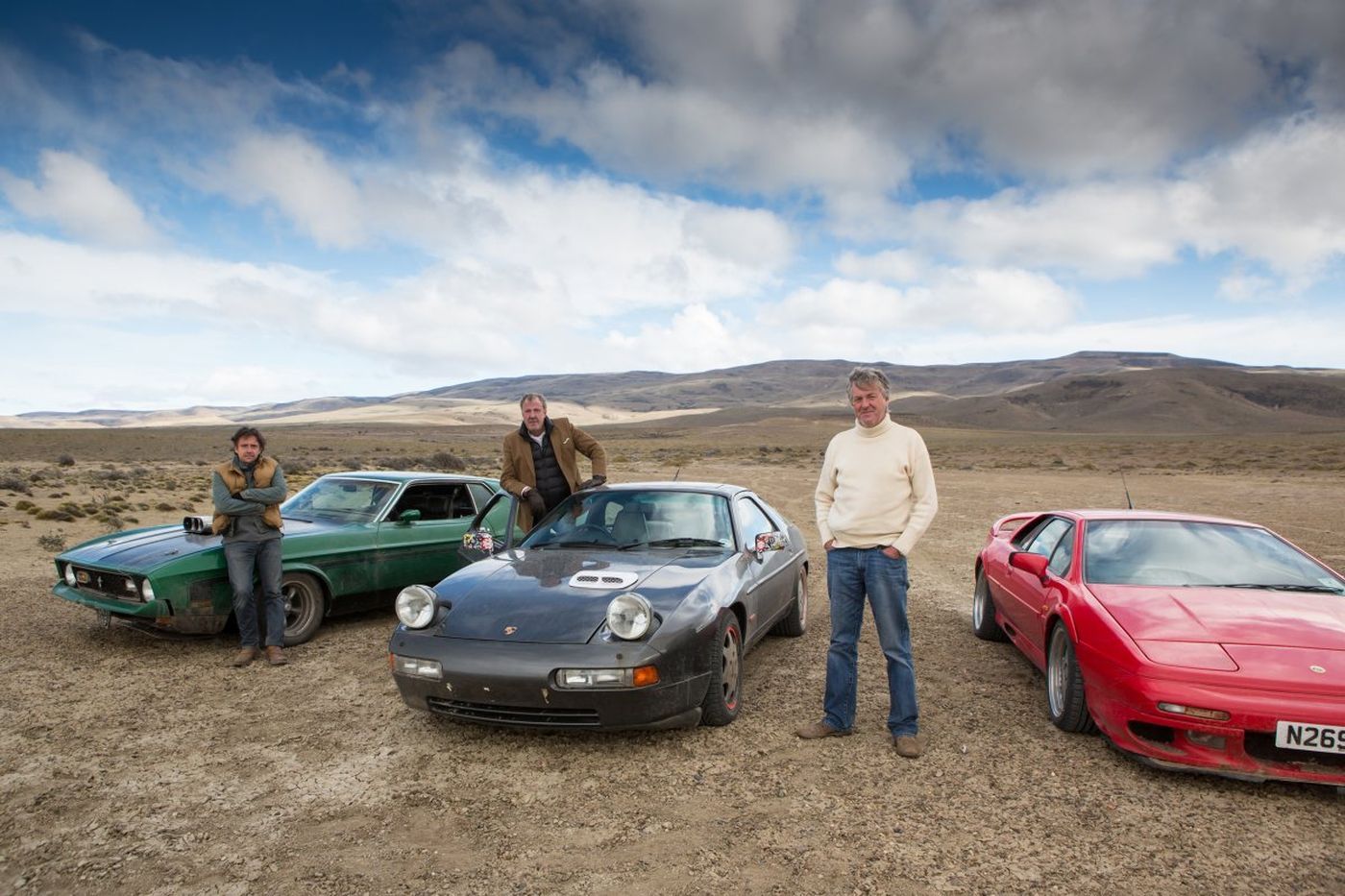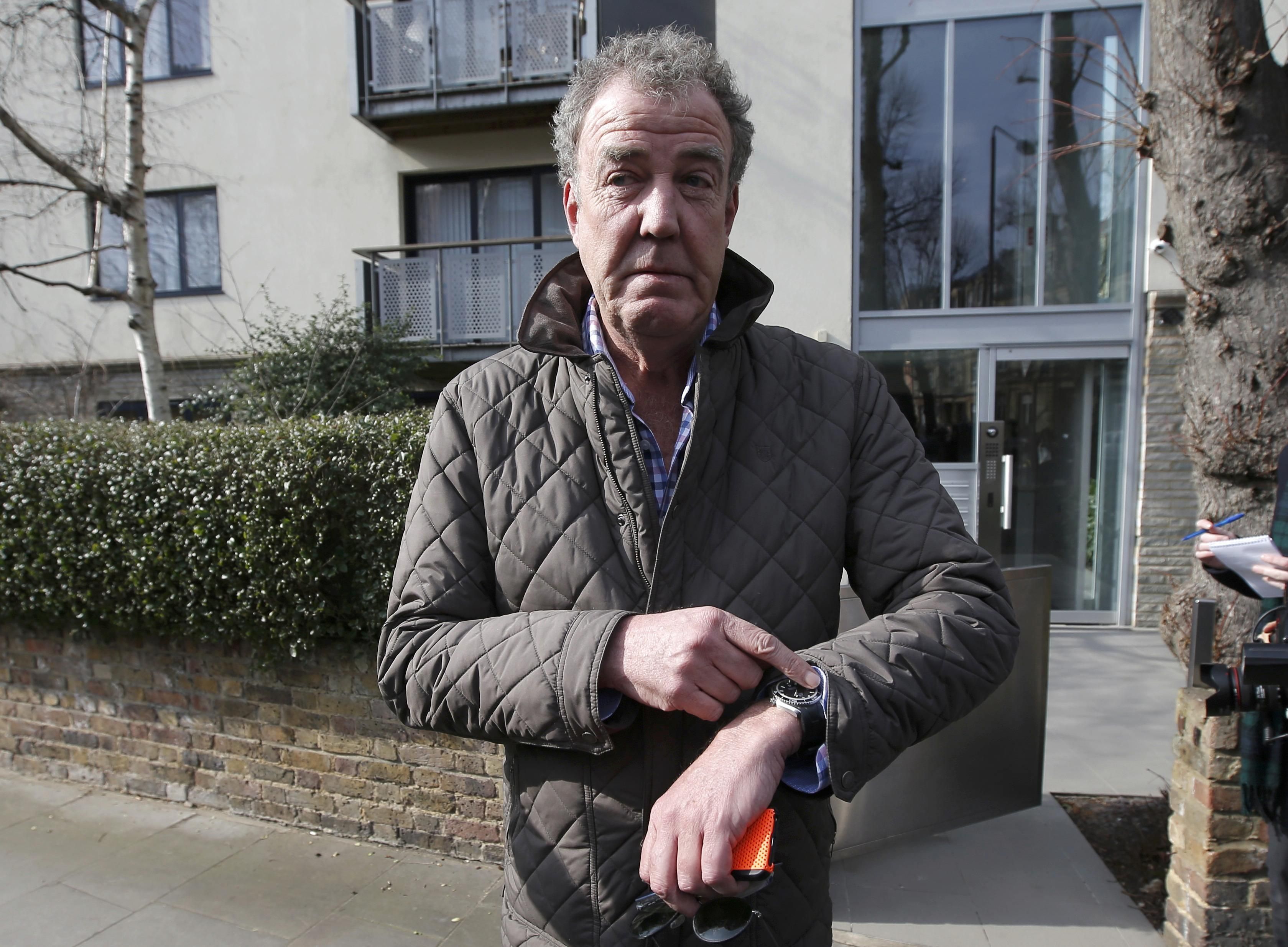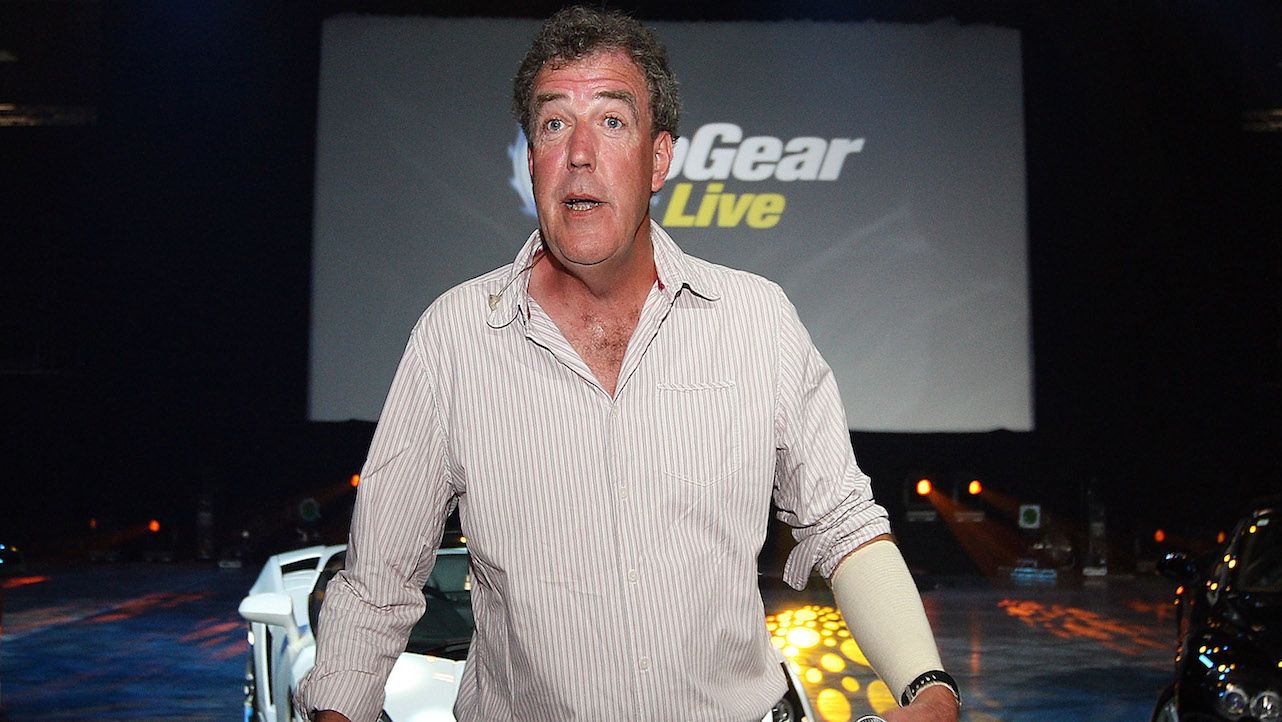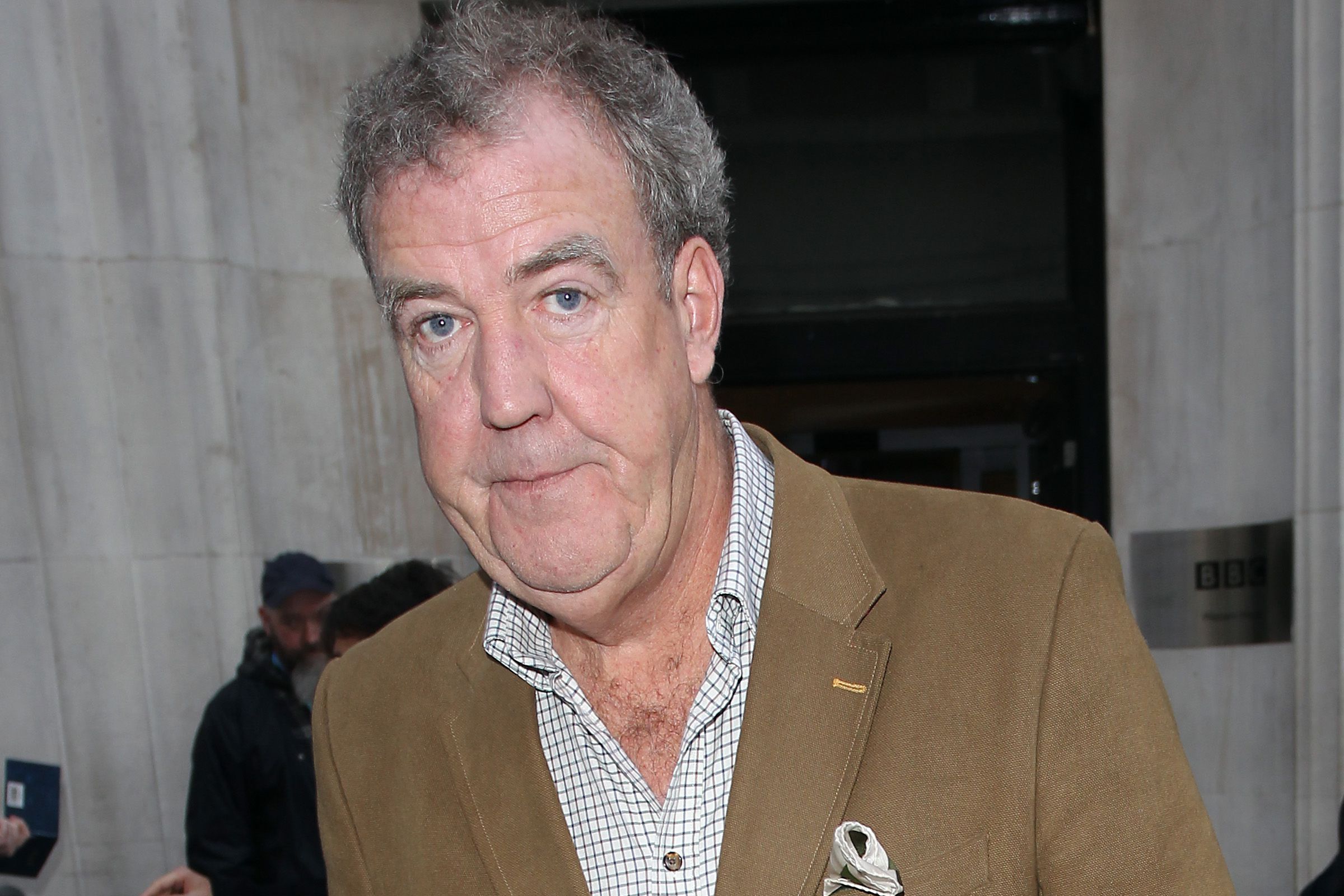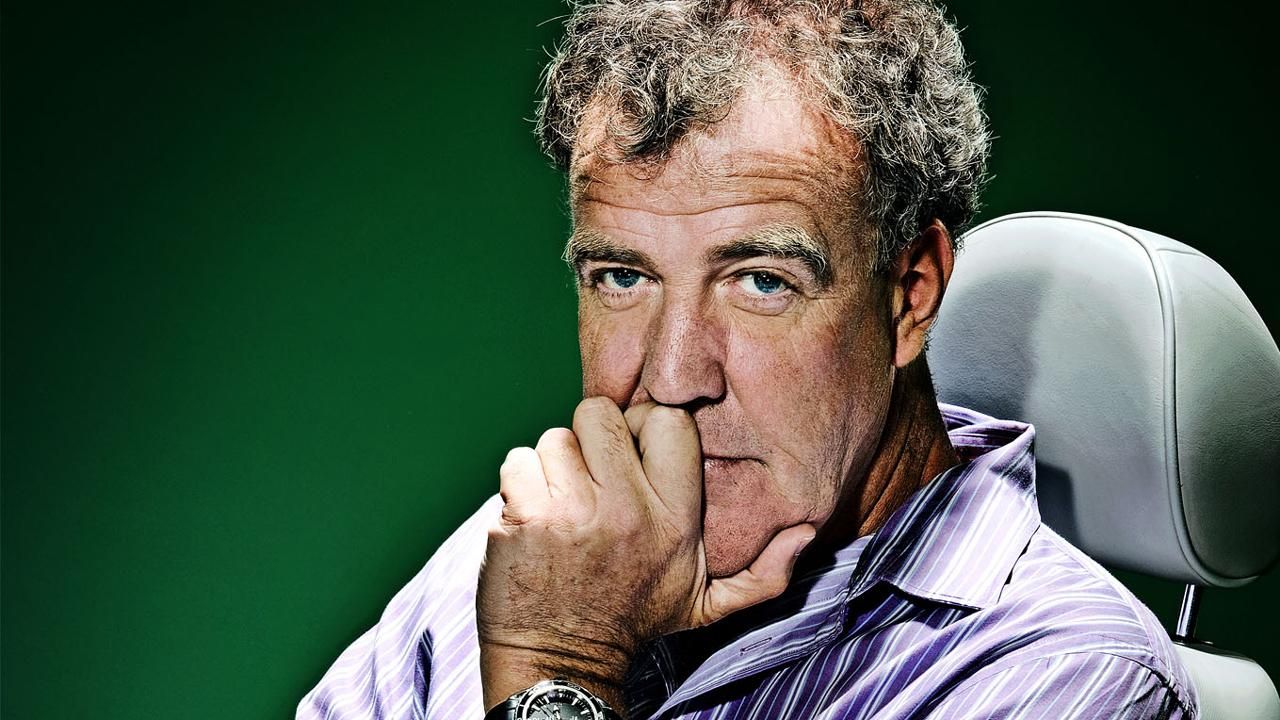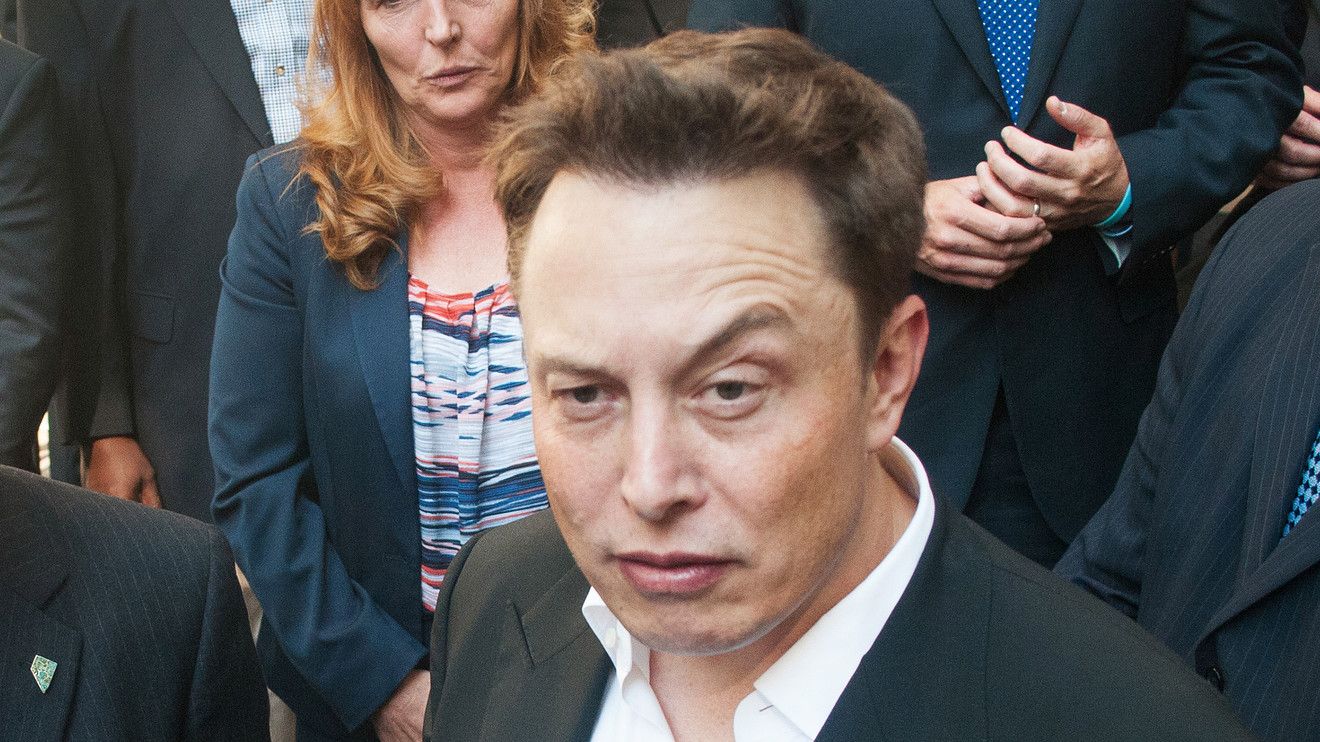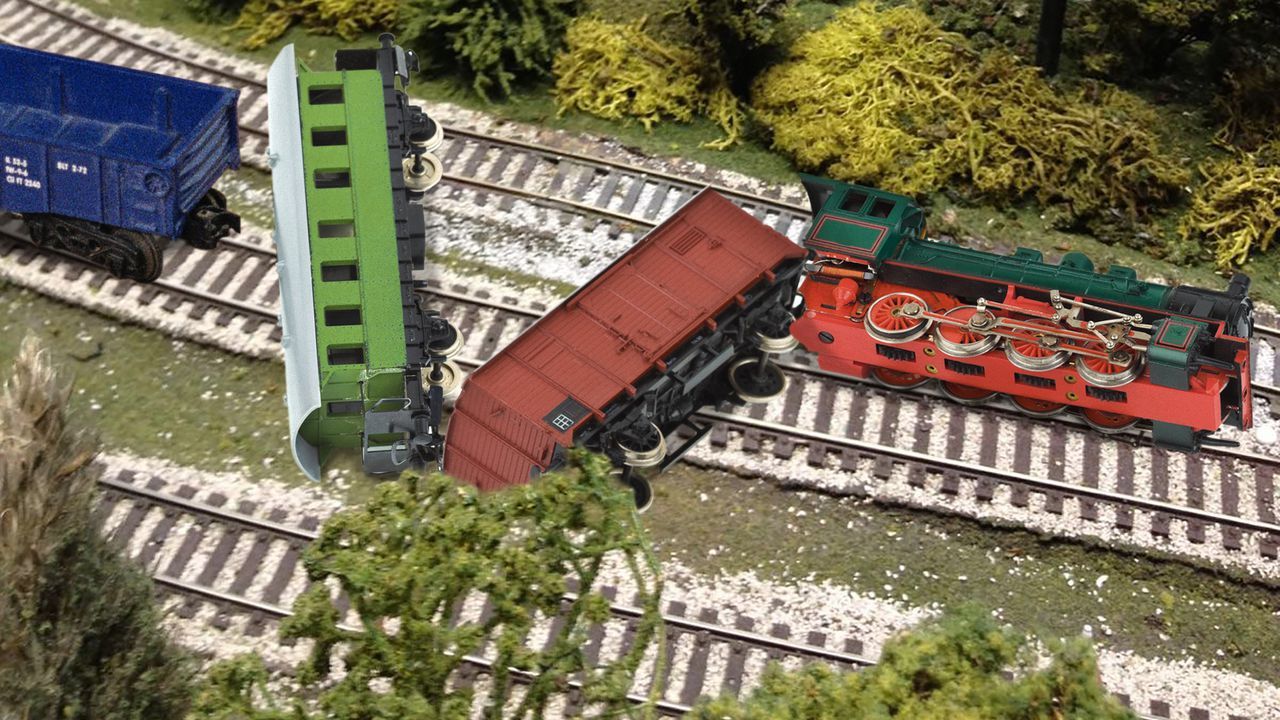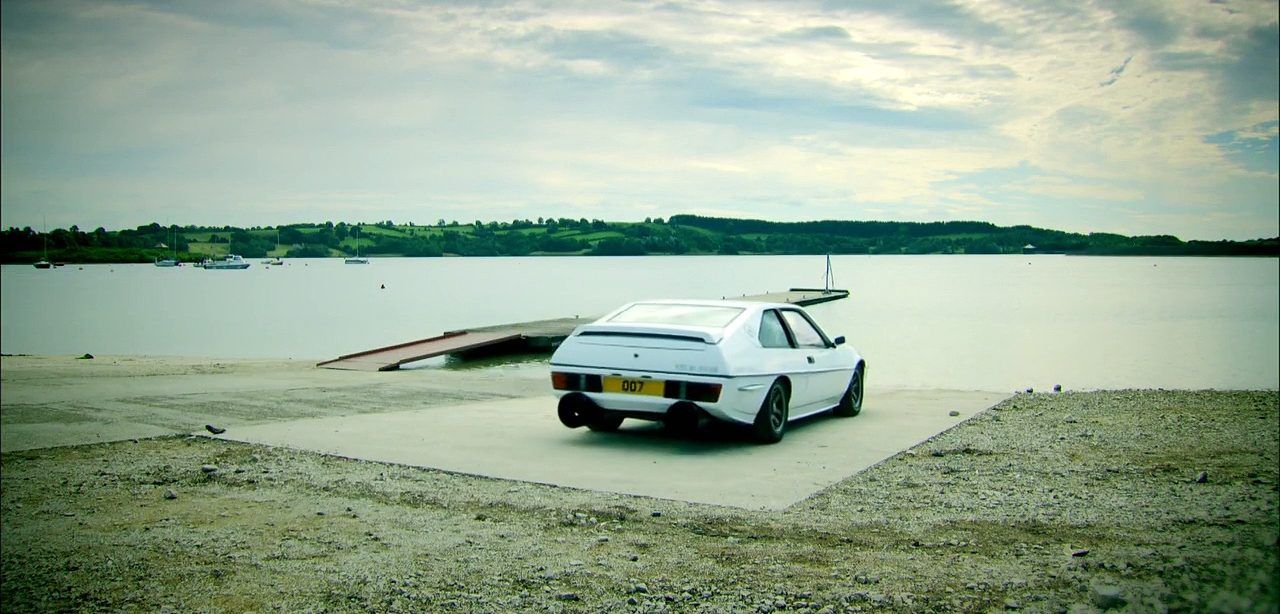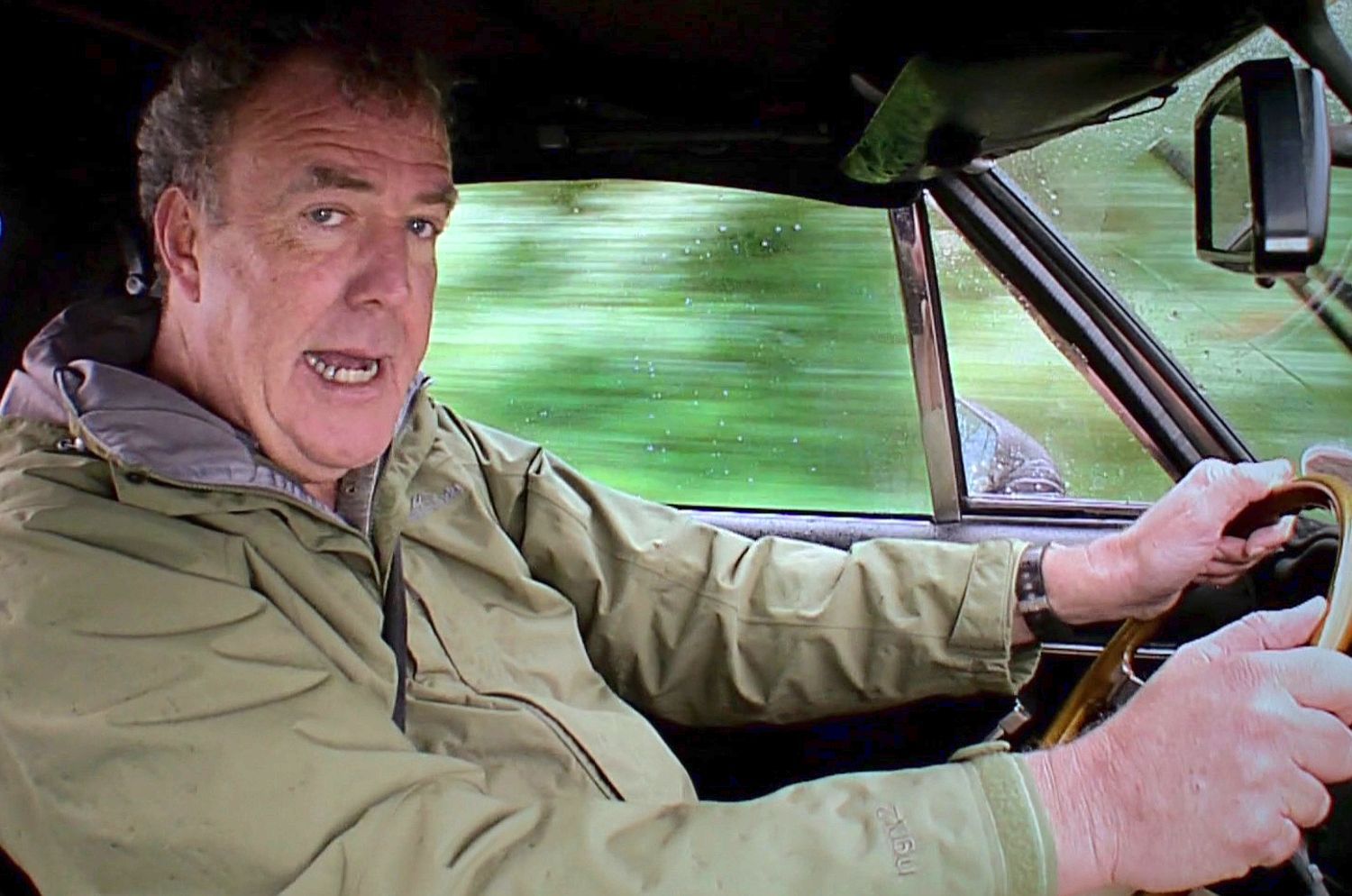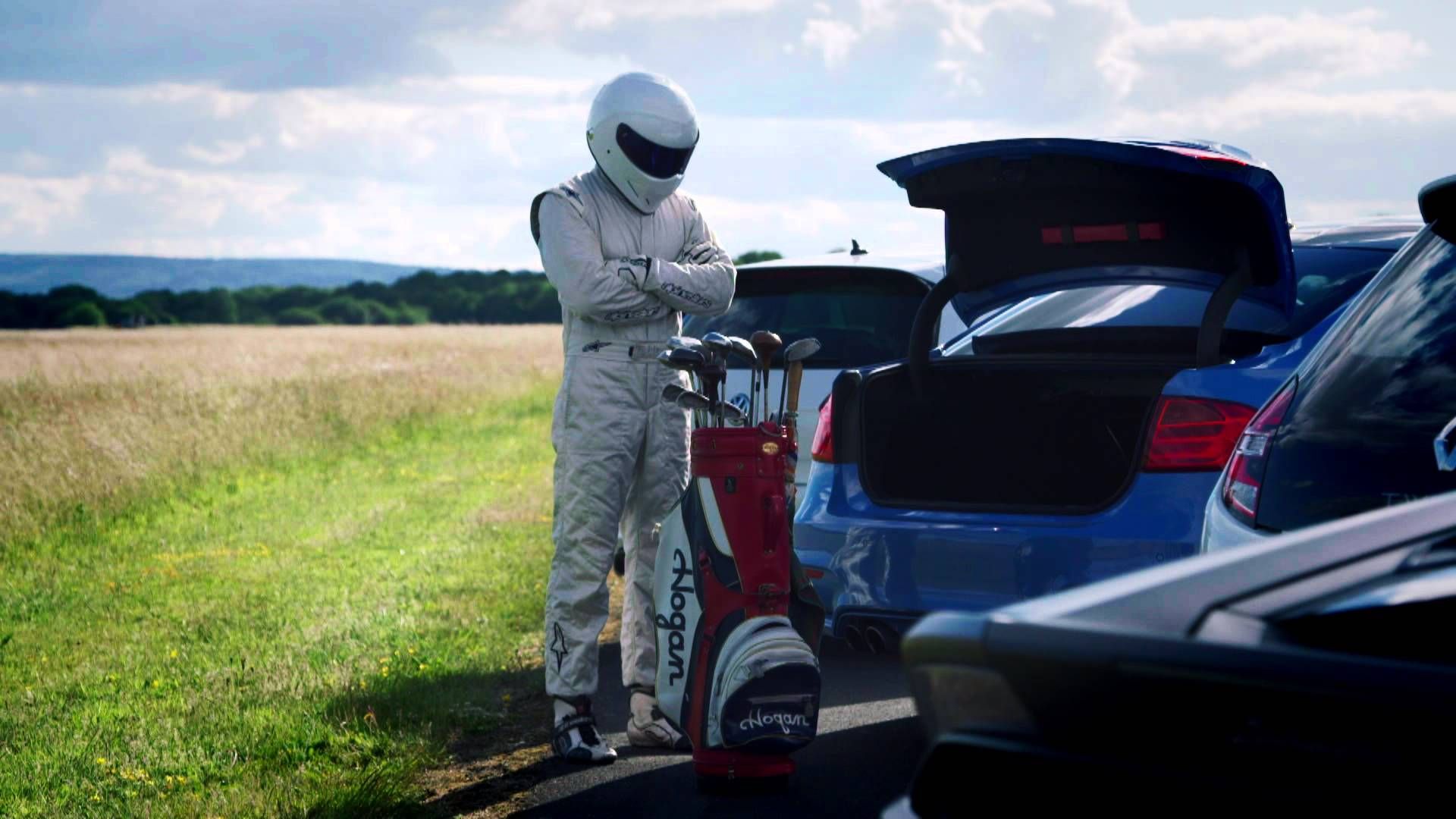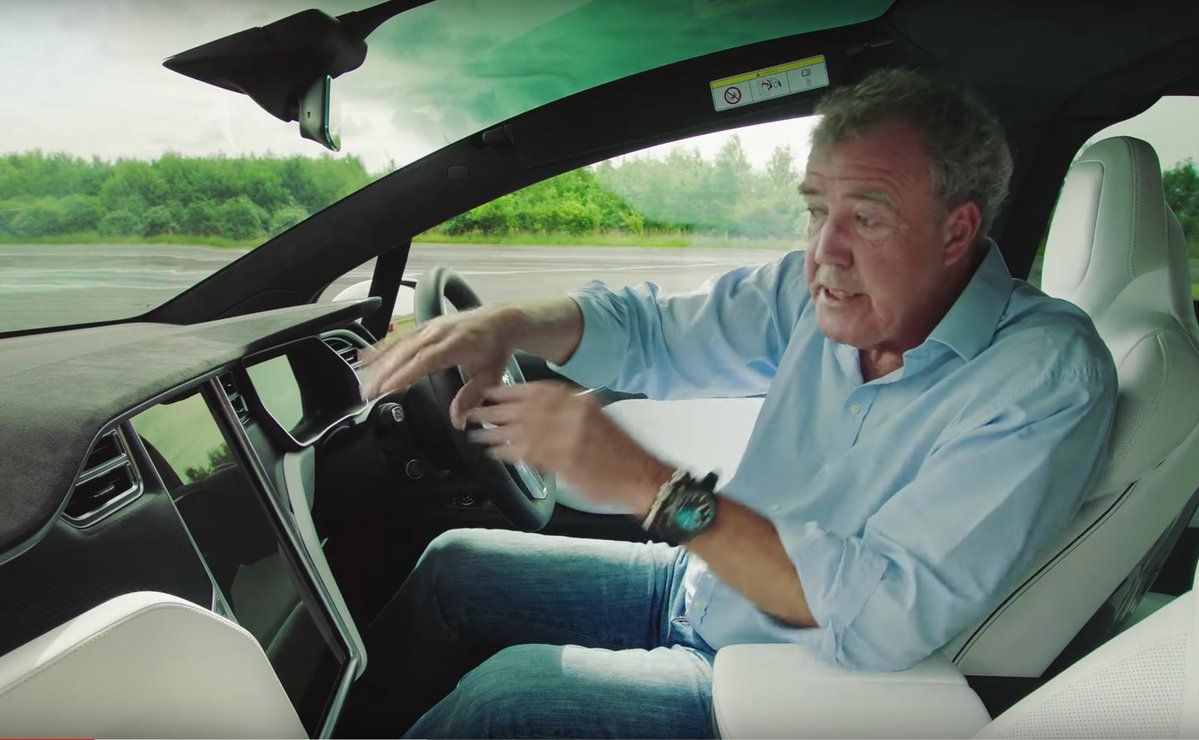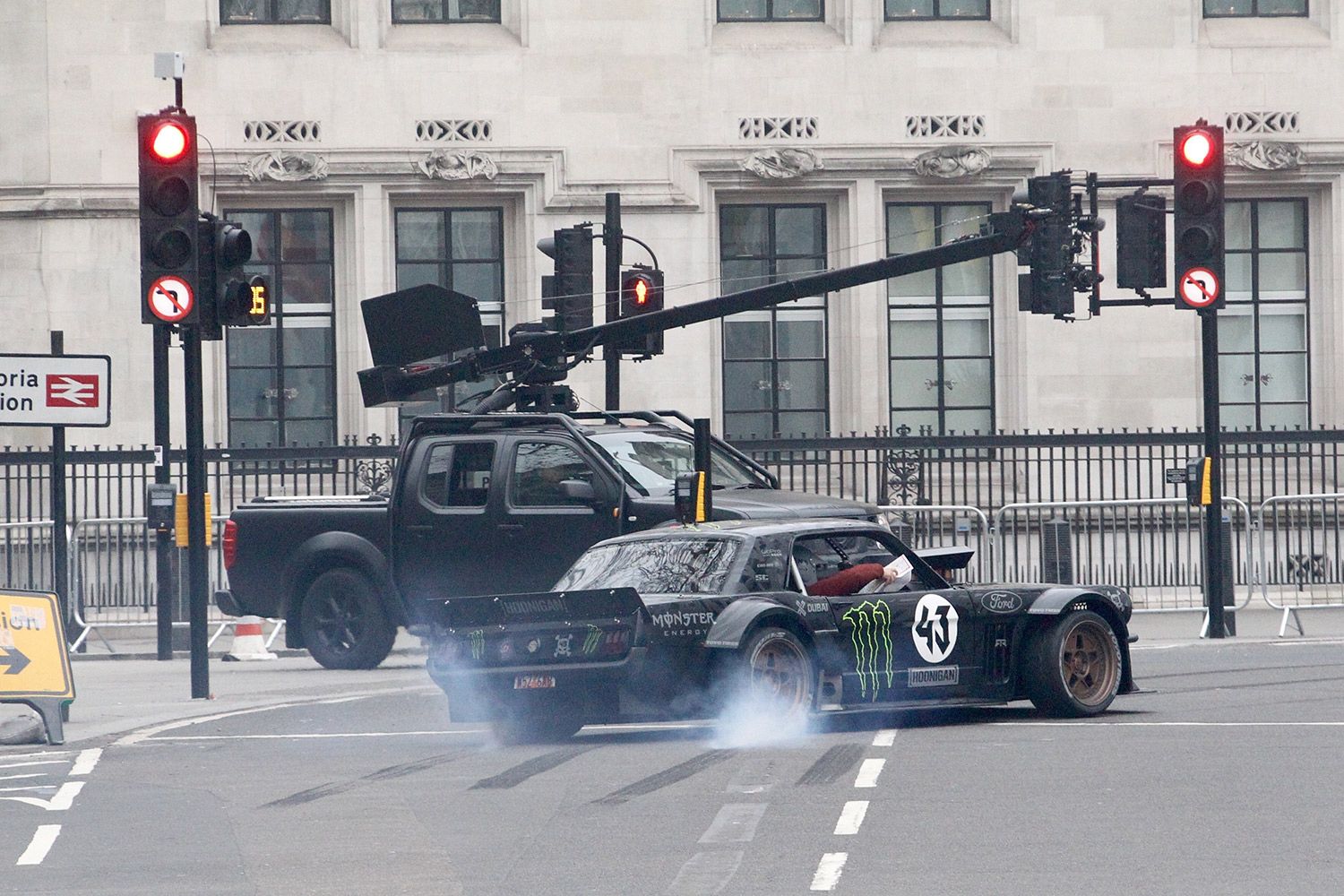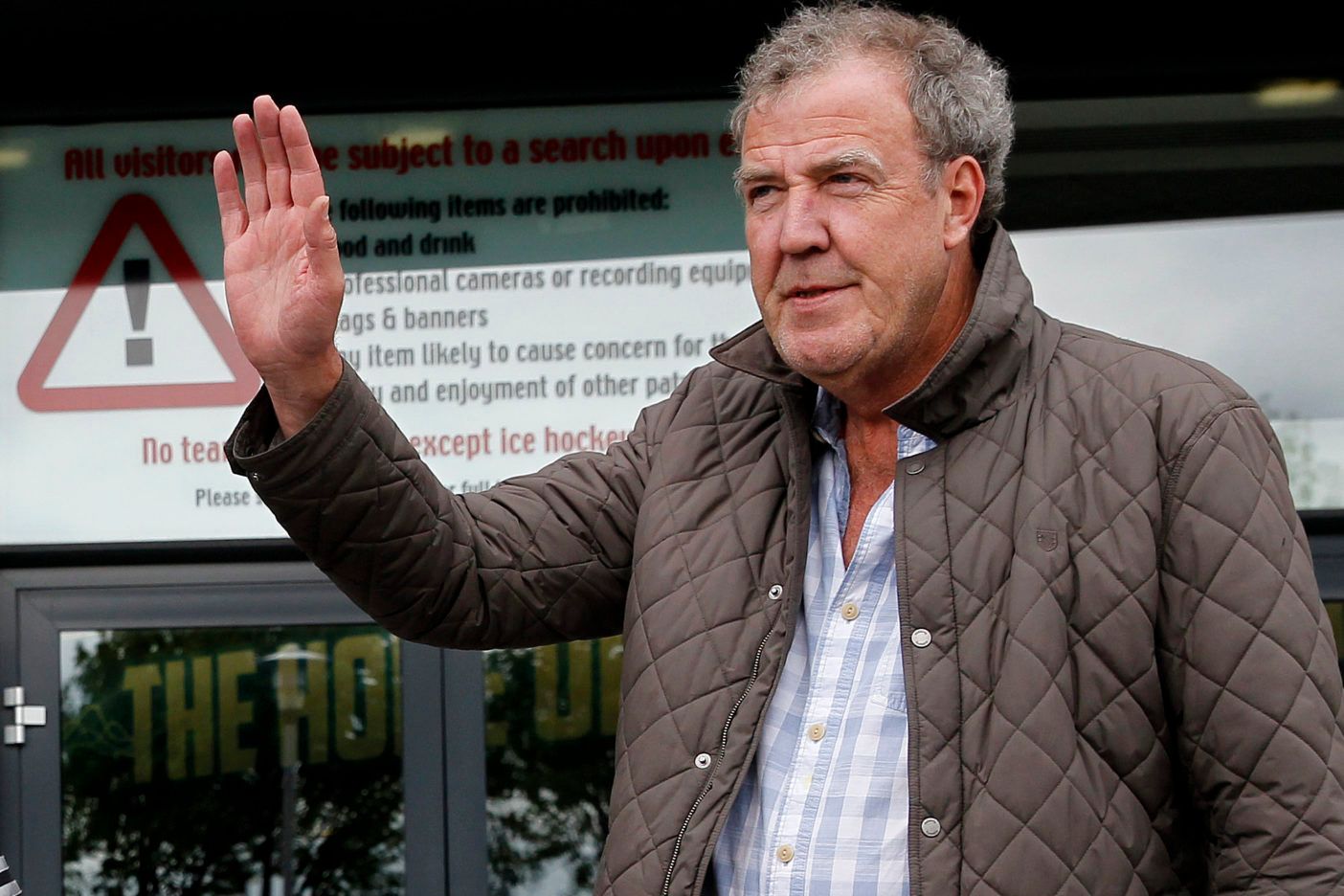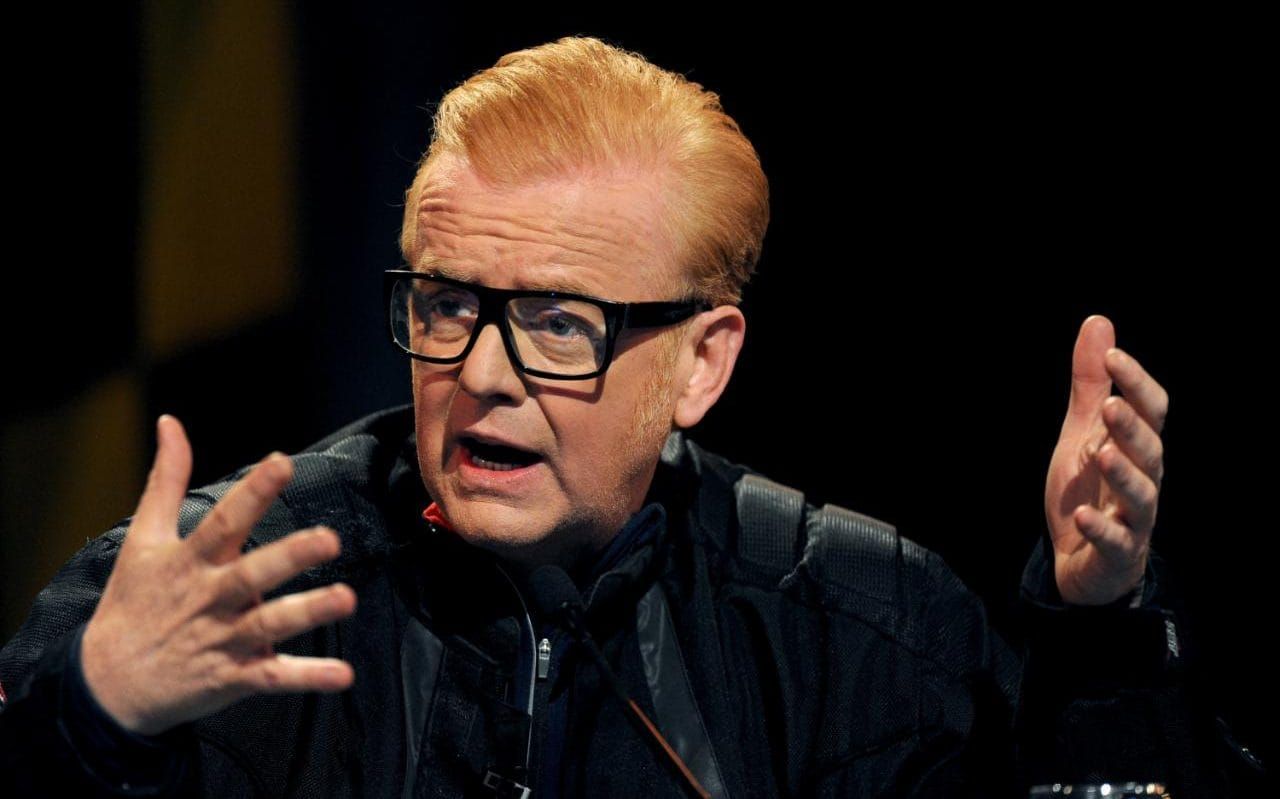The infamous British motoring programme, Top Gear, often received its fair share of criticism for segments performed by the three presenters: Jeremy Clarkson, Richard Hammond, and James May. More often than not, it was actually one presenter in particular who rubbed people the wrong way. We’ll give you a hint: His first name rhymes with “barony,” and his last name rhymes with “parson.” He usually seemed to be smack dab in the middle of the complaints, because he could never keep his big mouth shut. But that was where the charm of the show came from—it was a motoring show, true, but it was also a perfect example of dry, British humor at its finest.
The criticism on Top Gear ranged from minor viewer complaints to serious complaints where broadcasting watchdogs like Ofcom had to intervene or become involved. Other people of importance, like ambassadors from Mexico, Germany, and Argentina, the CEO of Tesla Motors, and the entire Environmental Investigation Agency have also been included because of the actions or words spouted from the mouths of the Top Gear presenters. That just shows how much power the show really had, where a single phrase could set off watchdog alerts and levy complaints worldwide. But sometimes, rarely, it really wasn’t their fault!
In practically every series of the 23-series-long run the show had, there was a situation that found the presenters in hot water. They just couldn’t help themselves (especially Jeremy Clarkson), which ultimately, and unfortunately, led to the downfall of his tenancy on the show, and the show’s existence altogether.
Here are 10 times Top Gear went too far, and 9 times they didn’t go far enough.
19 Too Far: When Jeremy Clarkson Thought The BBC Didn’t Take Top Gear Seriously
Jeremy Clarkson has never shied away from criticizing anything and anyone. Such was the case in February 2006, when he revealed in an issue of Top Gear Magazine that he thought the BBC wasn’t taking Top Gear seriously.
He thought the length of the series was far too long, and he came down on the broadcast network for often replacing the show with live snooker coverage, when Top Gear had considerably higher viewing figures.
The BBC rejected the complaints, saying they had no control ovre how the show is covered, claiming it’s up to the presenters and producers to choose. They said Clarkson’s provocative comments are “an integral part of the programme and are not intended to be taken seriously.”
18 Too Far: When Jeremy Clarkson Made Homophobic Remarks
In December 2006, four viewers made complaints to the BBC after Jeremy Clarkson made some comments that were considered homophobic in nature, with the potential to offend and harm, and should not have been broadcast. The case in point happened in the seventh episode of series six, when Clarkson described the Daihatsu Copen as “a bit gay,” and later described it as “ginger beer.” The BBC said there were no editorial purpose for the remarks, and that the “Top Gear team had been reminded of the importance of avoiding such comments about sexual orientation.” This must not have stuck, because in 2009 a gay couple were purportedly denied access to seeing the show filmed because of their sexual orientation, though a BBC spokesperson said “We absolutely do not discriminate against same sex couples.”
17 Too Far: When Jeremy Clarkson Built A “Quintessentially German” Vehicle…
If you’re noticing a trend here, it’s because Jeremy Clarkson is the most flippant and uncensored of the presenters. During the opening episode of series seven, Richard Hammond made the remark about BMW’s Mini as it being “quintessentially British,” which led Clarkson to mock the car, claiming they should build a car that’s “quintessentially German.”
He suggested turn signals that displayed Hitler salutes, a “sat-nav that only goes to Poland,” and a fan belt “that will last a thousand years,” in reference to Hitler’s slogan of “the thousand-year Reich.”
Needless to say, this led to viewer complaints to the BBC Board of Governors. BBC actually defended Clarkson, saying “the Committee did not believe that, when looking at the audience as a whole, they would have felt the comments were anything more than Clarkson using outrageous behavior to amuse his audience.”
16 Too Far: When Jeremy Clarkson Offended Romania
During episode one of series 14, the presenters were driving sweet cars through the Romanian countryside, when Clarkson commented on Romania as being “Borat country, with gypsies and Russian playboys,” referring to the 2006 mockumentary starring Sacha Baron Cohen. Romanian newspapers claimed the comments were offensive and bad publicity for their country. Complaints were also made against Clarkson for donning a porkpie hat, which he called a “gypsy hat,” while saying, “I’m wearing this hat so the gypsies think I am another gypsy.” Though the Romanian ambassador defended Top Gear by showing his appreciation for the show and the press’ freedom of expression, The Daily Telegraph was hacked by Romanians who said, “We are sick of being misrepresented as Gypsies, and thanks to Top Gear, have been publicly insulted.”
15 Too Far: When All Three Presenters Made Racist Remarks About Mexico
This one’s pretty bad, and whoever thought this was a good idea to air? During episode two of series 16, the presenters mocked the Mexican Mastretta MXT sports car. James May introduced the car as “The Tortilla,” then Hammond stated, “Cars reflect national characteristics. A Mexican car’s just going to be a lazy, feckless, flatulent oaf with a mustache, leaning against a fence asleep, looking at a cactus with a blanket and a hole in the middle on as a coat.”
James May followed this up by saying all Mexican food resembles “refried sick,” and “sick with cheese on it.” Hammond said, “I’m sorry, but just imagine waking up and remembering you’re Mexican.”
Clarkson added: “It’d be brilliant because you could just go straight back to sleep again!” After the Mexican ambassador called the program “outrageous, vulgar,” with “inexcusable insults,” the BBC defended this one, too, claiming that national stereotyping was a robust part of British humor.
14 Too Far: That Time They Literally Had To Flee Argentina In The Night
While filming the Patagonia Special in Argentina in 2014, Twitter comments suggested that the number plate “H982 FKL” on one of the presenters’ Porsches was a reference to the 1982 Falklands War. Executive producer Andy Wilman said that the car was not purchased because of its number plate, and Clarkson tweeted, “For once, we did nothing wrong.” Nonetheless, they were confronted by an angry mob at a hotel lobby, and local police said they wouldn’t give them any assistance. The presenters planned to fly out of Buenos Aires, with airlifts if the journey became perilous. At the border, they were blocked off by a mob, “with the mayor in front,” according to Clarkson, so they had to abandon their cars and escape in the night to reach the border of Chile. Then they found a tractor to ford the camera cars through the border river. Pictures show their abandoned cars had been attacked with stones.
13 Too Far: When Clarkson Offended Mentally Disabled People With a Slur Aimed At Hammond
Following the first episode of series nine, the BBC had to apologize to a number of Top Gear viewers for comments made during the episode, by none other than Jeremy Clarkson.
After Hammond crashed while going 230 mph, Clarkson asked him, “Are you not a mental?” which was followed by James May offering Hammond a tissue “in case he dribbled.”
The BBC claimed the comments were meant as a joke, but they also said they saw how the comments could cause offense to mentally disabled and brain-damaged viewers. The show received no less than 91 complaints about the episode, or at least the comment during the episode, which was more complains than they’d ever received thus far.
12 Too Far: When Clarkson Joked That Lorry Drivers Hurt Prostitutes
A "lorry" is the British term for a semi truck, just for your information. Following the first episode of series 12, Clarkson was criticized for a joke he made where he said lorry drivers hurt prostitutes (and worse), which was thought to be alluding to the Ipswich 2006 serial murders, though he was more likely referring to the Yorkshire Ripper. Ofcom received 500 complaints, but said the remark was not in breach of the broadcasting code. Labor MP Chris Mole wrote a letter to the BBC, saying Clarkson should be sacked from the show. In response to the complaints, Clarkson announced he would apologize, but when the time came, he ended up apologizing for not posting the lap time of a car that was shown on the previous episode.
11 Too Far: When Clarkson Made Multiple Tasteless Remarks
During the final episode of series 13, Clarkson and May were assigned to produce spoof advertisements for the new Volkswagen Scirocco.
One of the spoof ads had crowds of people leaving Warsaw in terror on buses, because of the imminent German invasion of Poland.
Clarkson’s tagline read: “Volkswagen Scirocco TDI: Berlin to Warsaw in one tank.” Three other incidents drew complaints from the programme: When a remake of a VW advertisement showed a suicide on-screen, when Clarkson mocked people with autism, and when he used the word “pikey” to describe drivers of the Vauxhall VXR8 Bathurst. The BBC only received a handful of complaints, but national broadcast watchdog Ofcom received far more.
10 Too Far: When Clarkson “Accidentally” Used The N-Word
In an un-aired version of Jeremy Clarkson’s review of the Toyota GT86 during series 19, he uses the “eeny, meeny, miny, moe” rhyme to pick between the Toyota and the Subaru BRZ. The rhyme historically uses the N-word, and though he mumbles through that part of the rhyme, the Daily Mirror accused him of mumbling the word. In the aired version, he replaces it with “teacher,” but this actually prompted him to make a rare apology. After a roundabout way of apologizing, he said, “Now when I view this footage several weeks later, I realize that in one of the mumbled versions, if you listen carefully with the sound turned right up, it did appear that I’d actually used the word I was trying to obscure. I was mortified by this, horrified. It is a word I loathe and I did everything in my power to make sure that that version did not appear in the programme.”
9 Not Far Enough: When Supposedly Giving The Tesla Roadster A Bad Test, Elon Musk Sued Them
This is pretty outlandish, but in episode seven of series 12, Clarkson tested the Tesla Roadster, which showed the car’s battery running flat after 55 miles, and Clarkson claimed a recharge would take 16 hours. Then he claimed the car broke down.
A Tesla Motors spokesperson stated that the cars never reach less than a 20% charge, and that recharge time was 3.5 hours, and that the brake failure in the segment was actually a blown fuse.
Elon Musk, CEO of Tesla, wrote in a blog that while delivering the vehicle, the Tesla team found a prepared script for the segment, demonstrating that it was never a fair test. Tesla filed suit, accusing the BBC of libel. They lost, with the Justice claiming that no Top Gear viewer would have reasonably compared the car’s performance on the show’s airfield track to its likely performance on a public road.
8 Not Far Enough: Criticized For Showing A Reconstruction Of A Train Crash
Episode five of series nine was criticized after Jeremy Clarkson reconstructed a train crash that occurred in England, and the incident was called insensitive due to the Cumbria train crash that had occurred just two days earlier. A watchdog for Passenger Focus said, “We need to raise awareness of the issue, but now is not the time.” To which the BBC defended their decision, claiming that “with only one programme remaining in the series, and the frequency of level crossing accidents, it may have been considered that there was no “appropriate” time to show the film without it “offending” somebody.” We have to agree, that the presenters didn’t really do anything wrong here, though they could have if they’d touched on the Cumbria crash during their segment.
7 Not Far Enough: When The Presenters Were Accused Of Leaving Tire Tracks In The Botswana Salt Pan
For series 10, the presenters were seen filming the Botswana Special, which saw the three hosts travel across Botswana with a car they’d each bought in Africa for less than £1,500, to prove they can be better than SUVs for driving up “leafy country lanes.”
A spokesperson for the Environmental Investigation Agency criticized the BBC for leaving tire tracks in Botswana’s Makgadikgadi salt pan.
The BBC denied all accusations, saying that the presenters had not gone near any conservation areas, and they asserted that they had followed the advice of environmental experts. So again, Clarkson, May, and Hammond really didn’t do anything wrong here… but they could have.
6 Not Far Enough: Clarkson Told A Joke Story, And Had To Reveal That It Never Actually Happened
During series 15, Jeremy Clarkson again came under fire, but this time he was more innocent than usual. Well, his story might have been a bit tasteless and crude, but the resulting outcry was blown a little out of proportion. In a conversation with the other presenters, about women distracting the presenters while driving, Clarkson said he recently saw a woman wearing a burka who “tripped over the pavement” and revealed a “red g-string and stockings.” Hammond said “this did not happen,” but Clarkson maintained it was true. A Mediawatch spokesperson said that Clarkson “should learn to keep quiet,” though another reported defended Clarkson.
5 Not Far Enough: The trunk thing...
Another crude segment, sure, but one that didn’t really deserve the public outcry it received. And in fact, they received more complaints for this series 16 segment than they ever had before—600 to BBC. Following the third episode of series 16, after an incident where the presenters “took out” an Albanian man and attempted to find out which of three different car boots he would fit into best.
They were not only criticized for the visualization, but also for its stereotypical views of Albania, claiming it’s a nest for Albanian Mafia car thieves.
Now, maybe if they actually HAD hurt someone and thrown them in a trunk, that’s a different story, but they really didn’t go too far on this one, and if anything, viewers thought it was hilarious.
4 Not Far Enough: When They Parked In Disabled Parking
This is another one that got blown out of proportion. During series 17, an episode showed Clarkson and May parking their electric cars in disabled parking spots. The BBC received complaints, but defended their stars, claiming that they had permission from the owners to park in the disabled spaces. There really was no reason for such a nitpicking, but some people have nothing better to do. During that same episode, Clarkson complained about his electric Nissan Leaf running out of charge, and then had to push it up a hill. Nissan later discovered that before the test drive, its charge had been run down to 40%. Since then, Top Gear has received criticism from electric car enthusiasts, celebrities, newspapers, and Nissan, in response to their views on electric cars.
3 Not Far Enough: When They Were Criticized For Filming Near The London Cenotaph
The Cenotaph in Whitehall, London, is a war memorial, and a United Kingdoms official national war monument. It’s an important landmark, and should be respected for marking the formal end of the First World War after the signing of the Treaty of Versailles.
So when the presenters drove near the Cenotaph, BBC came under fire for allowing their presenters to do that.
BBC defended the decision to film, saying, “The filming took place a respectful distance away from the Cenotaph and it was all agreed with Westminster council in advance.” There’s not really much more you can say to defend your stars, and we think they did a good job not letting things get blown out of proportion (this time around).
2 Not Far Enough: When Jeremy Clarkson Was Dismissed From The Show
It’s no secret to anyone that watch(ed) Top Gear that there was a huge uproar after the snafu that led to Jeremy Clarkson being dismissed from the show in 2015, after 23 series/seasons. He was pretty much responsible for Top Gear’s resurrection and reimagining in the first place. After Clarkson’s suspension for a supposed “fracas,” in response, over 1 million people signed an online petition to try to get the BBC to reinstate Clarkson. Perry McCarthy, a former Stig, criticized the BBC for pulling the next episode from the schedule. Well, it didn’t work, and Clarkson’s contract was not renewed after this. No matter what the “fracas,” it couldn’t have been worth kicking off their leading man and tanking the entire programme.
1 Not Far Enough: When Chris Evans Took The Job And Delivered A Sub-Standard Show
After Jeremy Clarkson was fired in 2015, and not renewed for 2016, James May and Richard Hammond subsequently left, too, in effect ending Top Gear as fans knew it.
The BBC decided to choose famed Londoner Chris Evans (not Captain America) to host the show, but it was booed for being a sub-standard show from then on out.
He only lasted until July 2016, when he announced he was stepping down. A former BBC boss called Jeremy Clarkson’s firing a massive mistake, and BBC could have done something about it… but they didn’t go far enough, and they let the show tank, and it’s never recovered since.
Sources: telegraph.co.uk, nytimes.com, theguardian.co.uk

